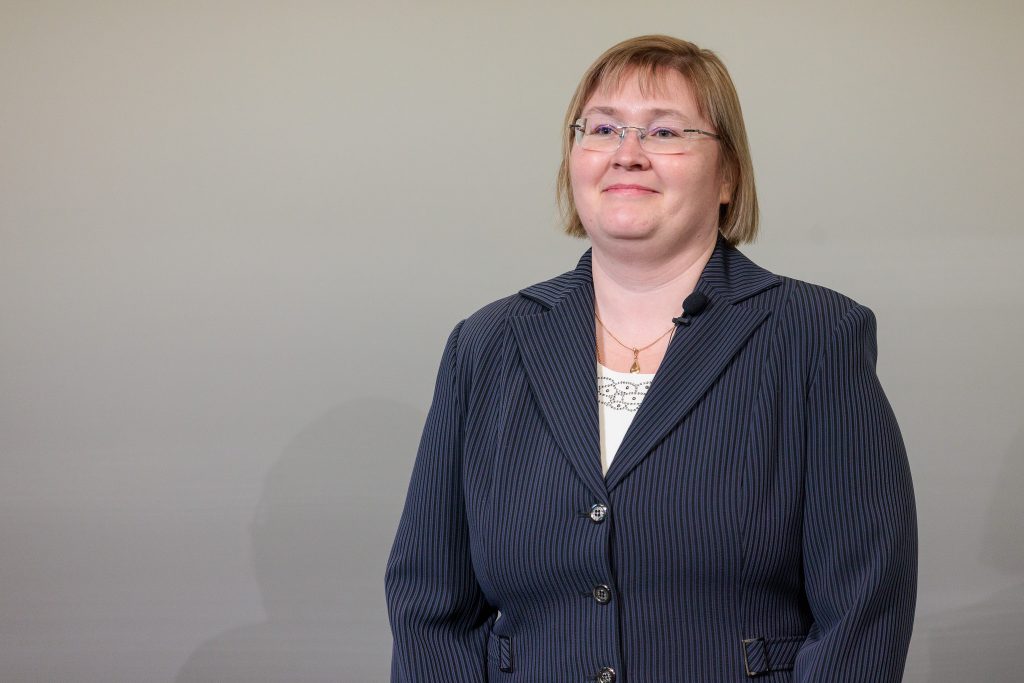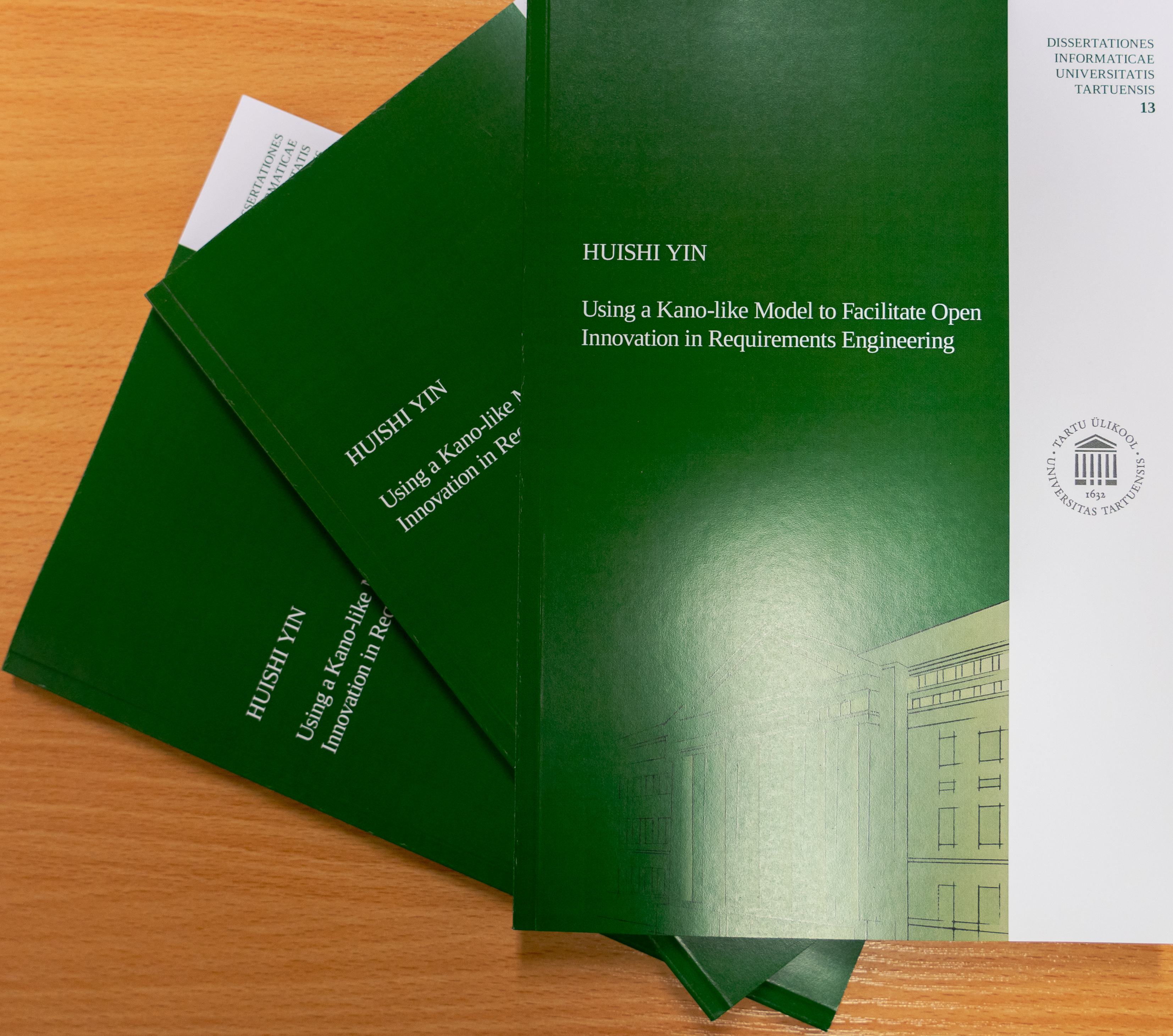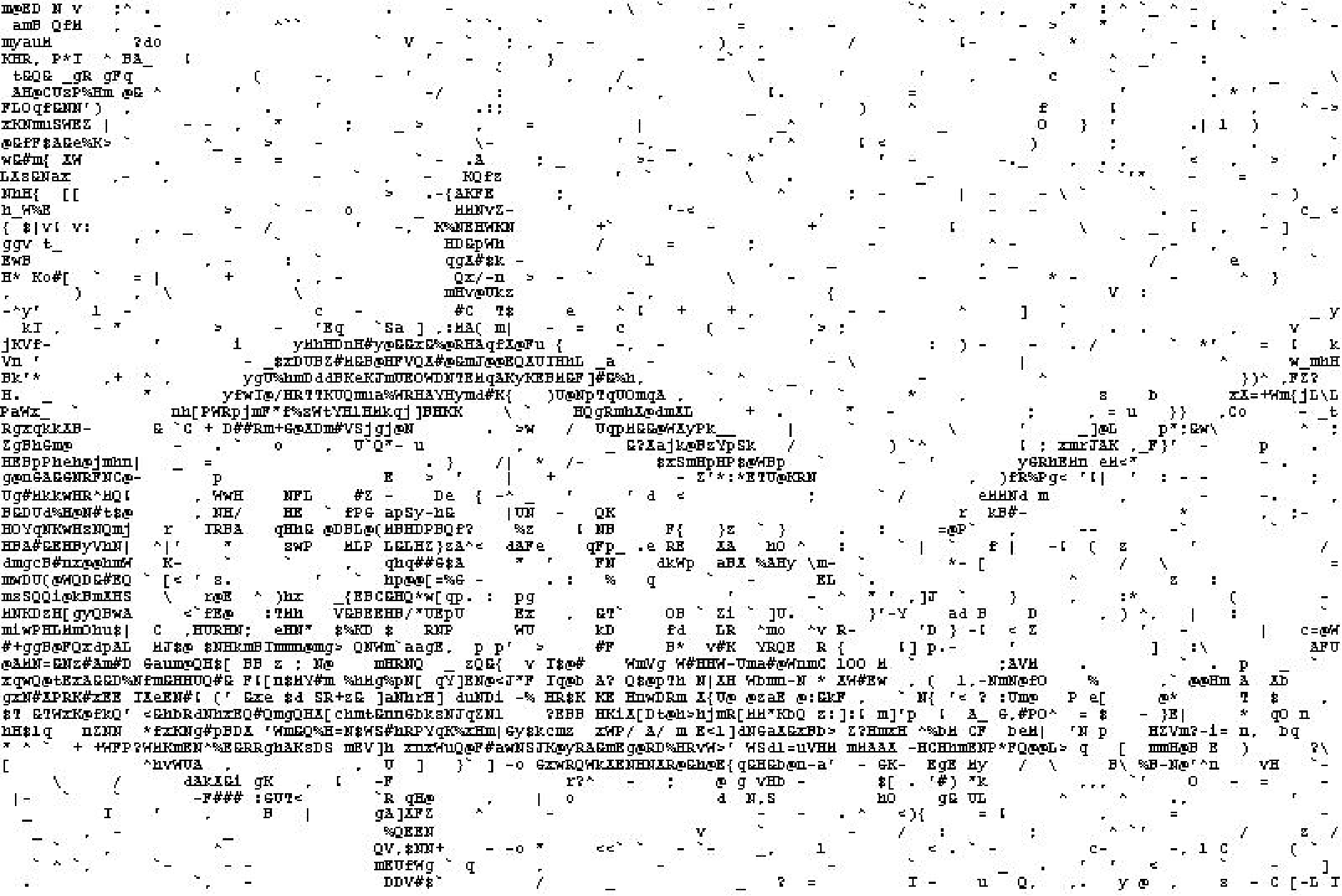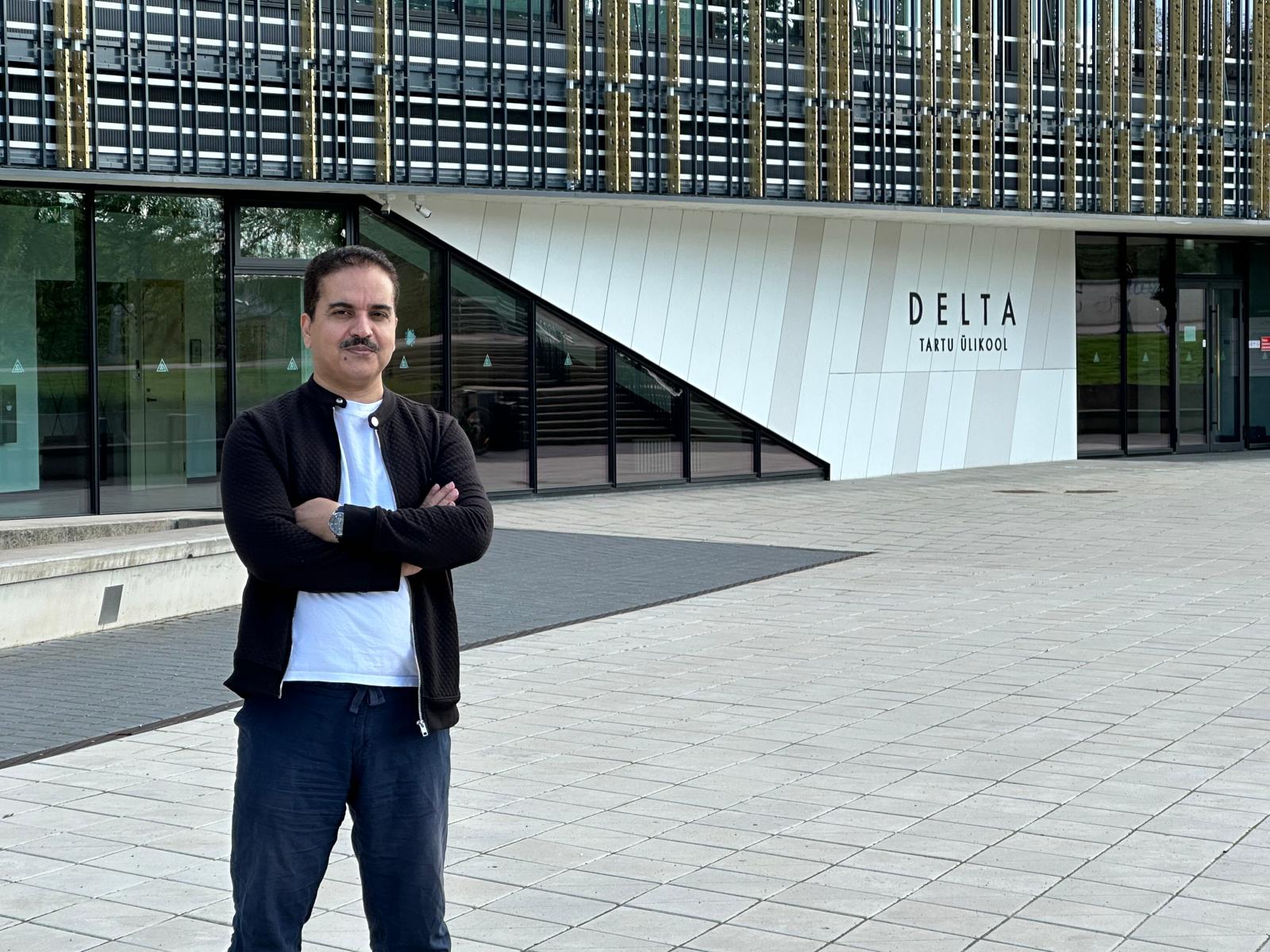On the 13th of December Lidia Feklistova defended her PhD thesis on „Learners of an introductory programming MOOC: background variables, engagement patterns and performance”

We constantly improve our knowledge and skills to be successful. Participation in massive open online courses (MOOCs) supports ongoing professional development and lifelong learning. Keeping in mind the huge number of participants in such courses and diversity of their backgrounds, it is a challenge for MOOCs instructors to engage them all in the learning process. The impact of background variables on engagement, which in turn may influence performance, remains understudied. In scientific literature there are contradictory results in the role of learners’ backgrounds in MOOCs enrolment and completion. Some researchers describe engagement as a unidimensional construct, while others consider it as a multidimensional construct. The definition of performance in MOOCs has yet no general agreement.
In the doctoral thesis data from three MOOCs on programming in Python are analysed to explore participants’ background variables and their impact on course enrolment and completion probability. The current research contributes to comprehension of engagement through behavioural and cognitive dimensions. The former is explored through completers’ perspective and list of studied activities includes not only mandatory ones but also those that are not directly required for course completion. Cognitive engagement is studied through completers’ utilisation of help sources, including those provided off the learning platform. Performance in programming tasks and quizzes are compared between completers and non-completers, as well as between identified completers’ engagement clusters.
The results of the current thesis can prove quite beneficial to the scientific literature to understand the phenomenon of MOOC. This comprehension in terms of a variety of background variables, engagement patterns and performance can be helpful for course instructors to develop cost-effective MOOCs and provide personalised learning where different course activities and help sources can be targeted at specific groups.


